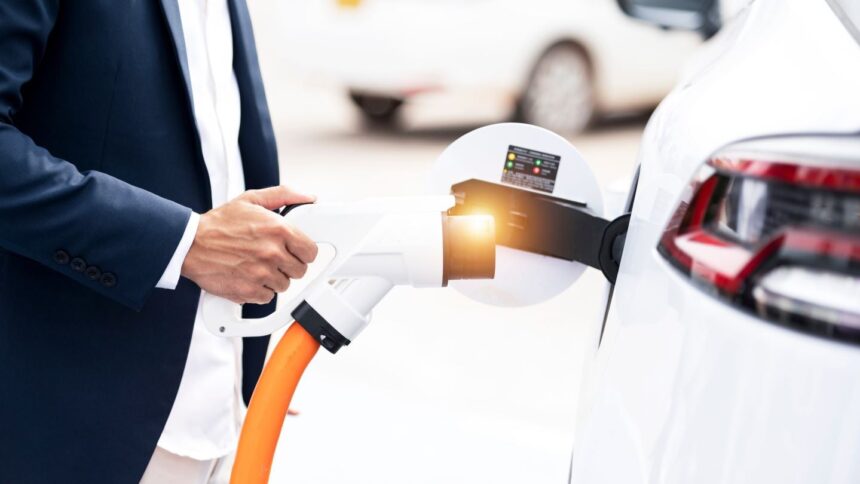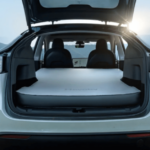Chinese electric vehicle (EV) firms are set to maintain their competitive edge in the European Union (EU) market despite facing new tariffs, as reported by South China Morning Post.
Industry officials at the China International Import Expo (CIIE) in Shanghai highlighted the production and pricing advantages that make Chinese EVs attractive globally. Ford Motor China CEO Sam Wu emphasized that Chinese carmakers’ expertise in EV manufacturing can be replicated in other markets.
“The Chinese EV industry is in the pole position thanks to an early start and government support,” Wu stated.
The EU recently voted to impose additional tariffs on Chinese-made pure-electric cars, ranging from 17% to 35.3%, following an anti-subsidy investigation. These tariffs are in addition to the standard 10% tariff.
However, some international carmakers believe their Chinese-made EVs can still thrive in the EU market. Chery Automobile chairman Yin Tongyue noted the importance of integrating into the global supply chain for Chinese carmakers’ success.
Chinese EV makers could not have made rapid progress from the very beginning if we were not able to access the best technologies and the global automotive supply chain,” he said.
XPeng, a premium EV maker, is in talks with European dealers to address the tariff challenges. Other global players such as Volkswagen and BMW, which manufacture some vehicles in China with partners like SAIC Motor and Brilliance Auto, are also subject to EU tariffs.
Volkswagen and BMW are facing penalties for their vehicles manufactured in mainland China, as these are assembled in collaboration with local partners, including state-owned companies such as SAIC Motor and Brilliance Auto.
SAIC faces the highest tariff rate at 35.3%, while Geely Auto is subject to an 18.8% rate. Other Chinese carmakers will absorb a 20.7% tariff.
In response, China has urged France to facilitate a resolution beneficial to both Chinese and European EV sectors. Additionally, China has advised its auto manufacturers to halt significant investments in EU countries supporting the additional tariffs on Chinese-built EVs.
Overall, Chinese EV firms are poised to maintain their competitive edge in the EU market despite the new tariffs, leveraging their expertise in EV manufacturing and global supply chain integration.







